
”Make the change, you will not regret it! We have to acknowledge as humans we don’t like change, but this change will give you a new lease on life. It is that good!
As a user, with over a decade of experience using Simple Fund Desktop, we asked Luke Martin, CPA SSA | Supervisor of Lowe Lippmann Chartered Accountants; a premier chartered accounting, financial services and consulting firm in Melbourne; about his experience migrating to Simple Fund 360 and how it has allowed Lowe Lippmann to provide value-add services to their clients and remain competitive in the market.
Tell us about your experience with Simple Fund Desktop and transition to Simple Fund 360
As a user, with over a decade of experience using Simple Fund Desktop, transitioning to Simple Fund 360 was seamless. Any issues that were undiscovered in Simple Fund Desktop were identified on migration to Simple Fund 360. Within a week of using Simple Fund 360 the functionality of the software was embedded.
How would you compare Simple Fund Desktop and Simple Fund 360?
Simple Fund 360 caters for the challenges of dealing with the ever-changing compliance issues presented to the industry. The ability of real time reporting is complemented by the smart matching feature. Year-end processing becomes extremely efficient with the distribution tax automation function and the corporate actions function ensures that no DRP, demerger or other corporate actions are overlooked. Any tricky situation can be easily resolved with the smart help function and the ability to log a support call on the platform is useful. Ongoing updates are supported by monthly webinars, tips and tricks are shared by the developers; these should not be missed.
”The functionality and processing ability of Simple Fund 360 is far superior to Simple Fund Desktop. Time saved on the processing allows for attention to the ever increasing compliance burden. Real time reporting is a reality, it is here, and Simple Fund 360 has the capabilities to deliver.
Can you tell us the benefit of migrating to Simple Fund 360 to your Firm?
It is becoming expedient for SMSF to have ‘real time’ reporting available to their clients e.g. contributions made, determining superannuation interests and pensions withdrawals. Simple Fund 360 is the tool that assists in providing the efficiencies necessary for these add-on services to clients, without the add-on costs.
What are the key results you have experienced since you started using Simple Fund 360?
Without Simple Fund 360 ability to transition to real time reporting would be extremely challenging, keeping on top of TBAR reporting would be difficult.
What are the key takeaways of using Simple Fund 360 for your business?
Simple Fund 360 has allowed us to provide extra add-on services to clients while maintaining our competitive price structure.
If your best friend were on the fence about trying Simple Fund 360, what would you tell them?
Make the change, you will not regret it! We have to acknowledge as humans we don’t like change, but this change will give you a new lease on life. It is that good!
About Lowe Lippmann Chartered Accountants
Lowe Lippmann provides premium accounting services, with the capabilities and resources of a ‘Big Four Firm’ but with the personal touch of a ‘Boutique Firm’.
Phone: 03 9525 3777
Email: smsf@lowelippmann.com.au
Website: www.lowelippmann.com.au
Location: Level 7, 616 St Kilda Road, Melbourne VIC 3004








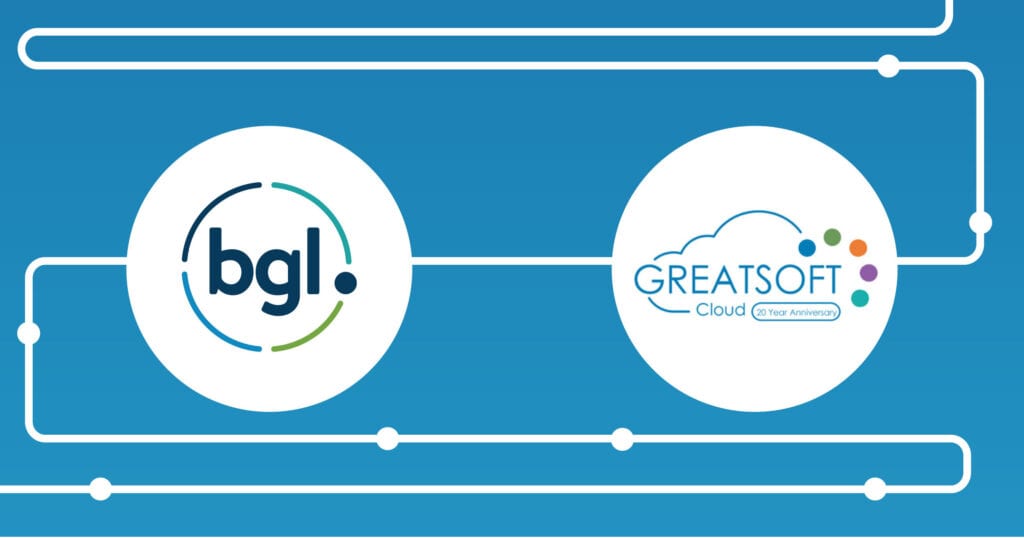


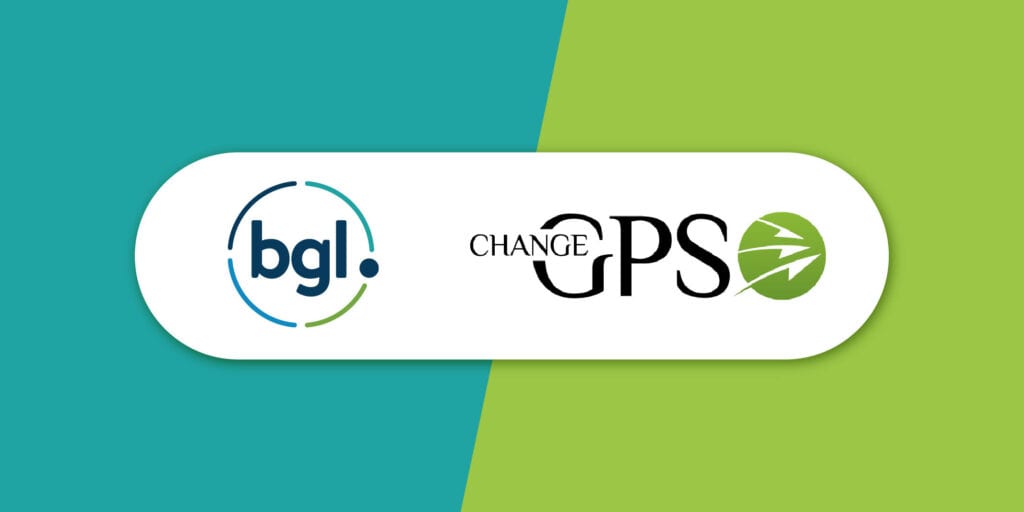

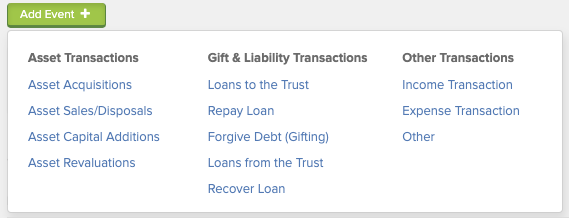


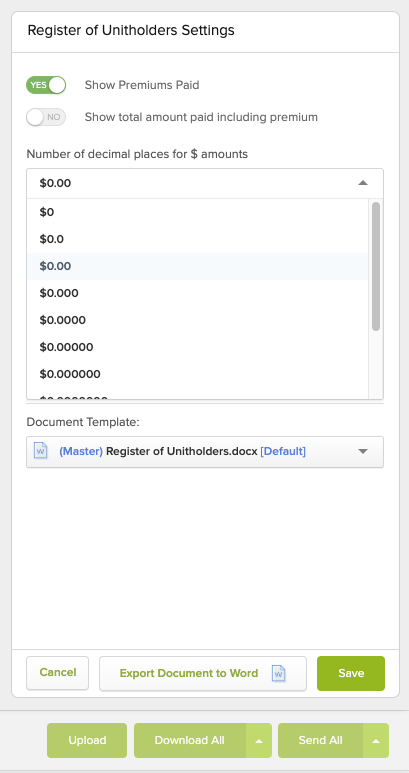
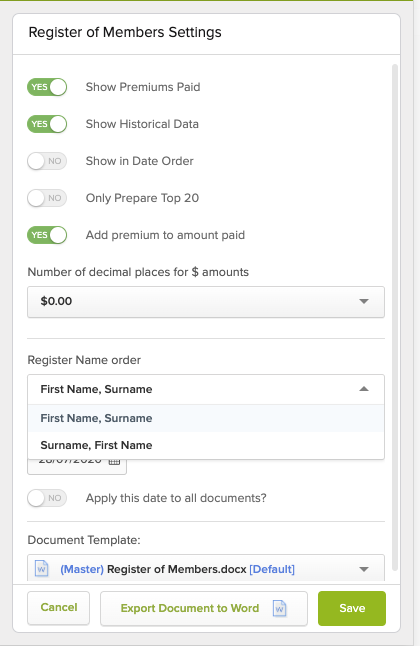

Recent Comments